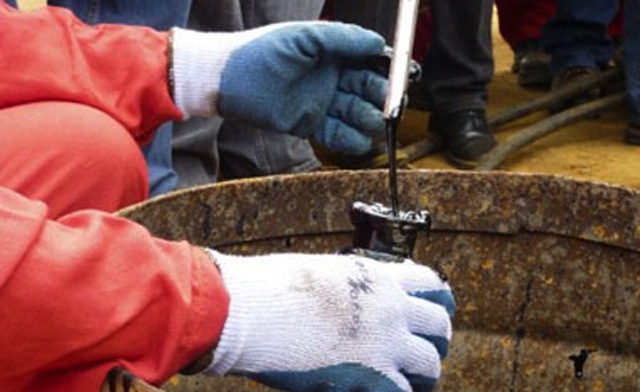CAIRO: Damac Properties rejected on Wednesday an Egyptian court ruling, which annulled its Gamsha Bay land contract, and plans to seek international arbitration.
“There has been a gross miscarriage of justice according to international principles,” Damac said in an emailed statement.
Consequently, the UAE-based property developer will file a case against Egypt at the International Center for Settlement of Investment Disputes, alleging that the state violated the 1997 bilateral investment treaty between the Emirates and Egypt.
Analysts warn that these cases are certain to have an unfavorable affect on the prospect of future investments when it comes to Egypt’s property and real estate.
“This case, in addition to the other cases filed against major Egyptian property developers, will affect the investment sentiment in this sector negatively until cases are settled and a new clear legal framework is put in place,” said Mohamed Ashour, research analyst at Naeem Holding.
Damac, who labeled it as “improper,” denounced the prosecution and conviction of the company and its chairman Hussain Sajwani.
“Damac Properties unreservedly reject the Egyptian court’s judgment regarding the company’s purchase of lands in the Red Sea resort area of Gamsha stating there was no evidence of wrongdoing on the part of Mr. Sajwani,” the statement read.
Because the land was purchased under the direction of former Tourism Minister Zoheir Garranah in 2006, Damac said the company and its chairman, Hussain Sajwani, were incriminated by “association in Egypt’s on-going efforts to criminally prosecute and convict former members of Mubarak’s government.”
The conviction sentenced, fined, and ordered Damac to return the 30 million square meters of Gamsha Bay land back to the Egyptian state. An Interpol arrest was also requested against Sajwani.
The company said these requests “constitute a breach of the bilateral investment treaty between Egypt and the United Arab Emirates, whose purpose is to protect investments of UAE investors in Egypt.”
“On the basis of the public prosecutor’s allegation against former Minister Garranah, the prosecutor initiated proceedings against Mr. Sajwani, chairman of the Damac Group, in a classic case of guilt by association,” the statement alleged.
In the aftermath of Egypt’s January 25 popular revolt, which forced Hosni Mubarak and his regime out of power, several business tycoons who had close ties with the former government have been put under investigation.
Ashour pointed out that just because the company’s transactions may have taken place under a regime that is now being investigated, does not mean they were not lawful.
“At the time these transactions took place, they looked legal and abiding by the law at the time, it is not necessarily the fault of these companies, just because they bought these lands under the jurisdiction of the previous regime,” he said.
As a result, the land settlement case brought up by Egypt against Damac is not the first of its kind.
Top property developers including Palm Hills, Talaat Moustafa Group, and Amer Group were accused of buying land too cheaply through direct land contracts from the government instead of a public auction.
Just this month, in order to avoid liability costs, Palm Hills Development returned to the state a 9 million square meter property that it bought from the government in Egypt’s north coast.
Amer Group, also gave back 2.6 million square meters of land.


